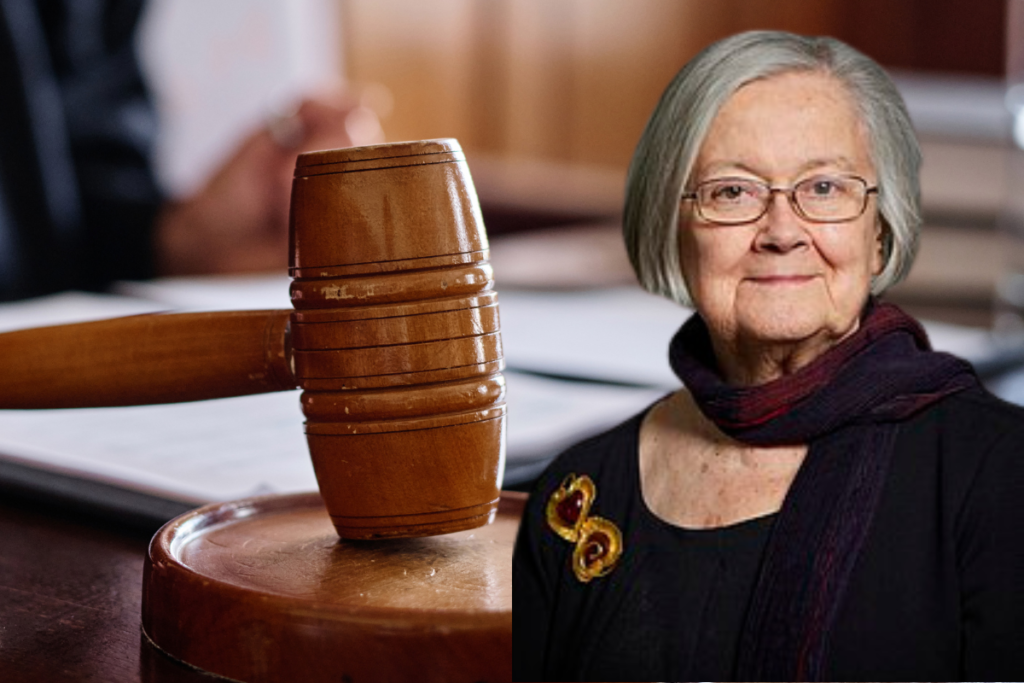Deputy Prime Minister Angela Rayner has stirred debate by refusing to rule out disciplinary action against Labour MPs who vote against the government’s proposed welfare reforms. Speaking in the Commons during Prime Minister’s Questions, Rayner defended the controversial package of cuts as a necessary part of Labour’s plan to promote fairness and long-term sustainability in the benefits system. But with roughly 170 Labour MPs reportedly considering rebellion, the party leadership is now facing one of its biggest internal challenges since taking office.
The proposed reforms would tighten eligibility rules for Personal Independence Payment (PIP) and Carer’s Allowance, potentially affecting over a million people. According to projections, around 800,000 disabled individuals and 150,000 carers could lose access to benefits by 2030. The government argues that the current welfare structure is unsustainable, pointing to rising costs which could hit £31 billion annually for disability benefits alone within five years. The changes are set to begin in late 2026, and a transitional 13-week payment has been proposed to cushion the immediate impact for those losing support.
Rayner stood by the government’s rationale, arguing that the reforms are about ensuring that those who can work are supported into employment, while those who cannot will still receive necessary protections. She pointed to other Labour policies, like free school meals and increasing the living wage, as part of a broader anti-poverty strategy. However, when asked directly if Labour MPs who vote against the bill would face disciplinary consequences, such as losing the party whip, Rayner declined to give a clear answer.
For many within Labour’s ranks, the reforms have proven deeply uncomfortable. Over 160 MPs have expressed concerns about the potential impact on vulnerable constituents, with at least 70 expected to vote against the bill. Critics argue that while the 13-week transitional payments and exemptions for people with terminal illnesses are welcome, they are not nearly enough to prevent widespread hardship. Disability advocacy groups and anti-poverty campaigners have condemned the proposals as regressive and lacking in empathy.
Prime Minister Keir Starmer and Liz Kendall, Secretary of State for Work and Pensions, have stood firm, stressing that the reforms are essential to protect the long-term future of the welfare system. But with party unity under threat, Rayner’s comments hint at a tough stance ahead. Whether Labour can hold the line without alienating its base or sparking deeper divisions remains an open question.



